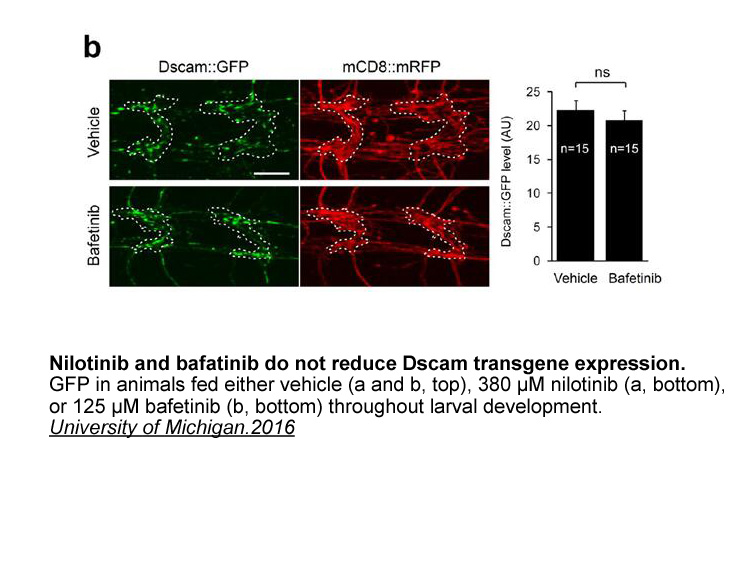Archives
br Introduction Despite the widespread use of bone targeted
Introduction
Despite the widespread use of bone-targeted agents in the care of patients with bone metastases from prostate and breast cancer, questions regarding the optimal; choice of agent, dose, dosing frequency, and duration of therapy remain unanswered [1–6]. Our research group is interested in designing and performing pragmatic de-escalation trials in both breast and prostate cancer patients. However, before undertaking this research, it is important to survey potential patients regarding this type of study with respect to their understanding of their disease and use of their bone-targeted therapies (i.e. denosumab, zoledronate, pamidronate or clodronate). The information obtained will facilitate appropriate pragmatic trial designs, which will positively impact patients’ potential willingness to participate.
This report summarizes the conduct and findings of a survey designed to collect information from Canadian patients with breast or prostate cancer regarding their views of their current treatment regimen. In addition, their opinions regarding the possibility of less frequent treatment administrations and participation in potential research studies to assess the effectiveness of this treatment option were also sought. While we are aware of similar patient surveys around the use of bone-targeted agents for osthole [7] and multiple myeloma [8], we are not aware of published work in patients with metastatic bone disease from solid tumors.
Materials and methods
Results
Discussion
Despite the widespread use of bone-targeted agents in the care of patients with bone metastases from prostate and breast cancer, a number of important and practical clinical questions remain around optimising their use. In order to design and perform pragmatic clinical trials in these populations, it is important to obtain patient treatment information, perceptions and opinions that will help guide trial design to ensure sufficient participation. This is of particular interest for studies evaluating treatment de-escalation where it is critical to ascertain patient\'s willingness to participate. To our knowledge, we are the first team to implement use of this type of survey in these patient populations, although a number of de-escalation studies are either reported [4–7] or are ongoing [8].
Our survey demonstrates that Canadian breast cancer patients are more likely to receive pamidronate, whereas prostate cancer patients are more likely to receive either denosumab or zoledronic acid. These differences reflect not only that the drugs proven to be efficacious in these populations are different (i.e. only denosumab and zoledronic acid improve outcomes in prostate cancer), but also that the funding system for these agents in Ontario differs. Any trial looking at de-escalated therapy will need to take these factors into account. Our findings also suggest that clinical trials evaluating single agents such as zoledronic acid or denosumab [4–6] will not lead to broad changes in clinical practice in both disease sites. Trials will therefore need to reflect the diversity of treatments offered. In addition, for prostate cancer patients, such a trial will need to reflect the fact that a significant number of patients have switched from zoledronic acid to denosumab when funding for denosumab became available, thus future studies may have to allow for bisphosphonate use prior to denosumab treatment in the inclusion criteria.
Patients in our survey population had been on bone-targeted agents for variable periods of time, agai n meaning that future trials will need to be reflective of this, and be flexible in the length of time a patient has been on a prior bone-targeted agent prior to study entry. To date, of the published trials [4,7], only one [5] did not specify the maximum length a patient could have been on a prior agent.
Interestingly, many patients perceived that the bone-targeted agent was slowing the growth of their cancer. Given that these agents have shown no effect on either overall survival or progression-free survival in breast cancer [9–13]. [6,14] or prostate cancer [15,16], there may be a need to better inform patients of this fact.
n meaning that future trials will need to be reflective of this, and be flexible in the length of time a patient has been on a prior bone-targeted agent prior to study entry. To date, of the published trials [4,7], only one [5] did not specify the maximum length a patient could have been on a prior agent.
Interestingly, many patients perceived that the bone-targeted agent was slowing the growth of their cancer. Given that these agents have shown no effect on either overall survival or progression-free survival in breast cancer [9–13]. [6,14] or prostate cancer [15,16], there may be a need to better inform patients of this fact.